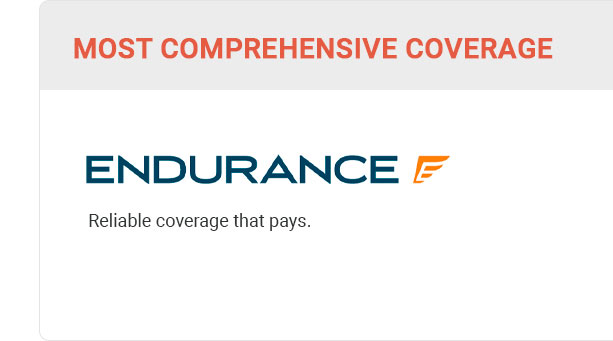 |
 |
 |
 |
 |
 |
 |
 |
 |
 |
|||
 |
 |
|||
 |
 |
|||
 |
 |
|
|||||||
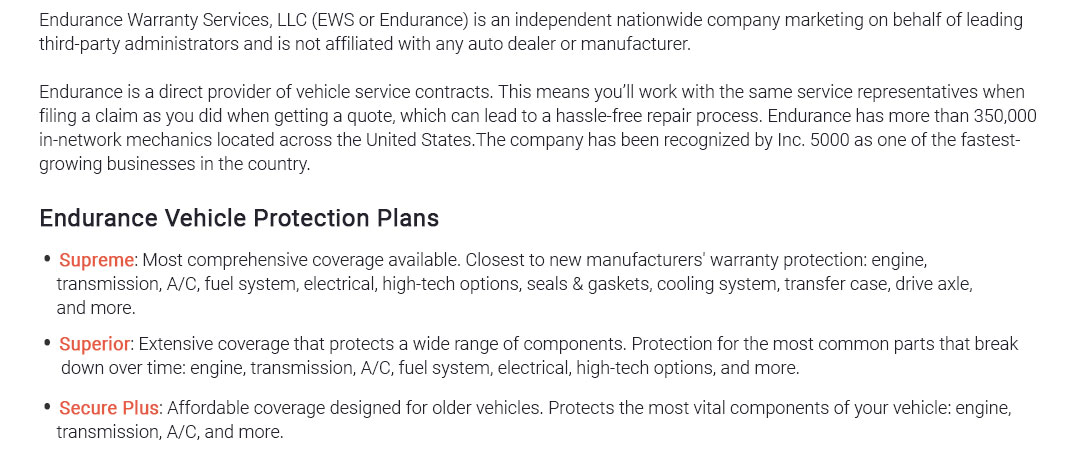 |
|||||||
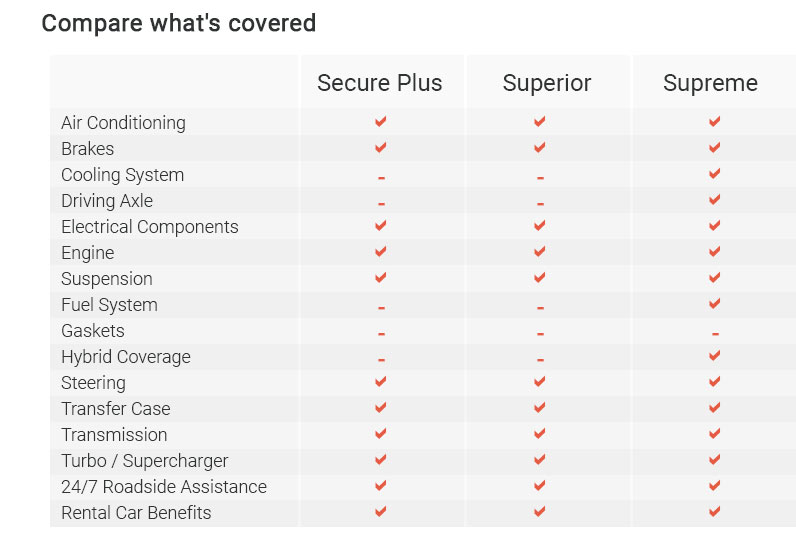 |
|||||||
 |
|||||||
 |
|||||||
|
|||||||
|
||||||
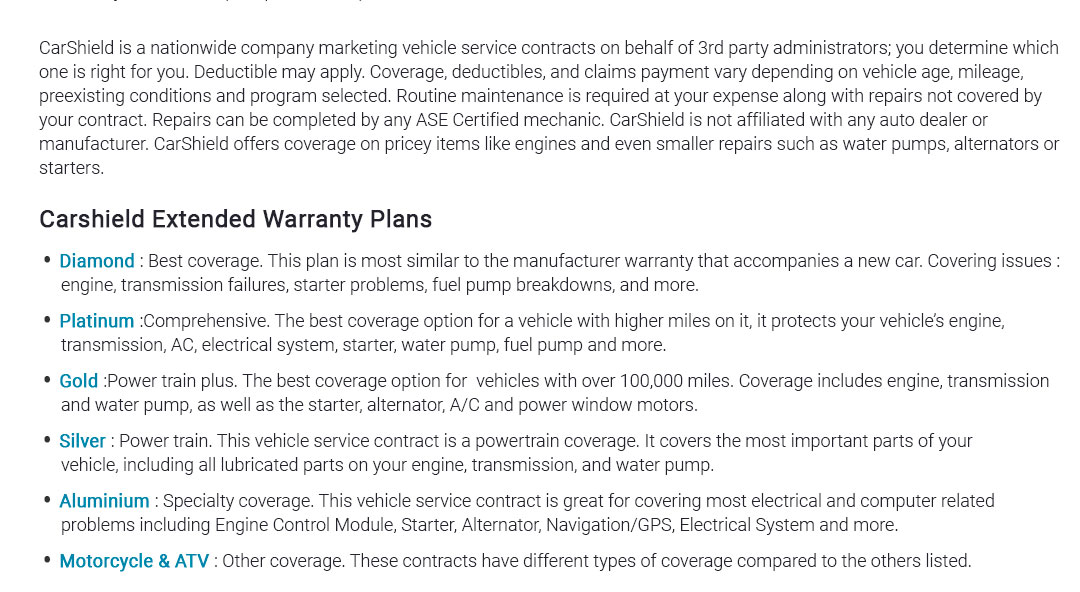 |
||||||
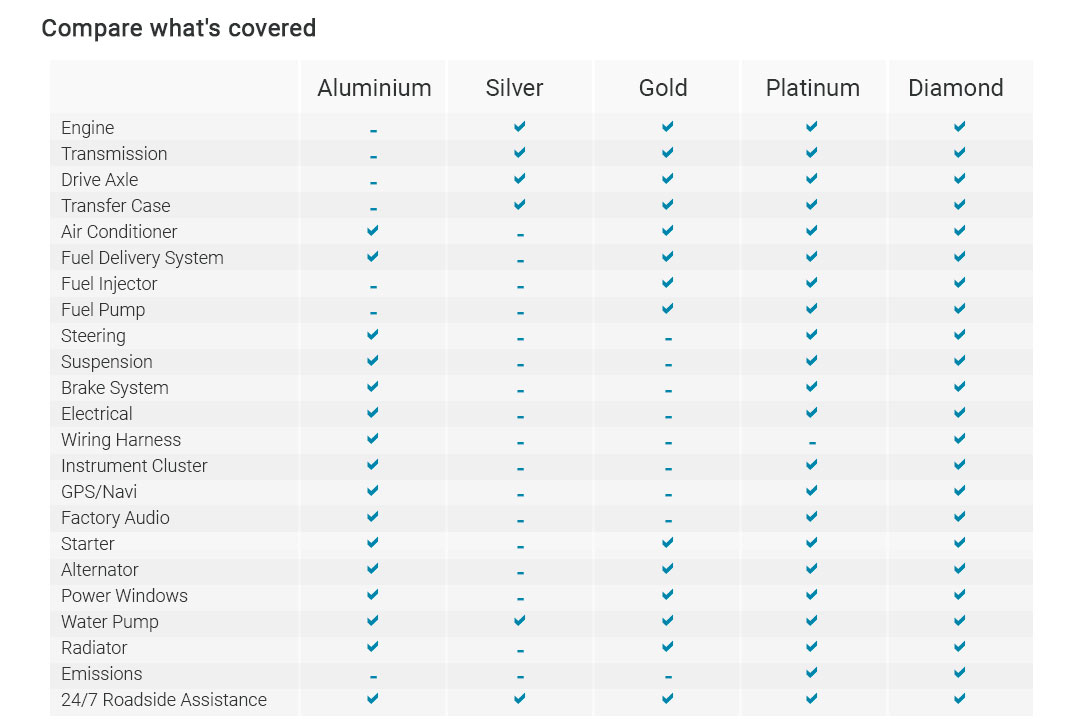 |
||||||
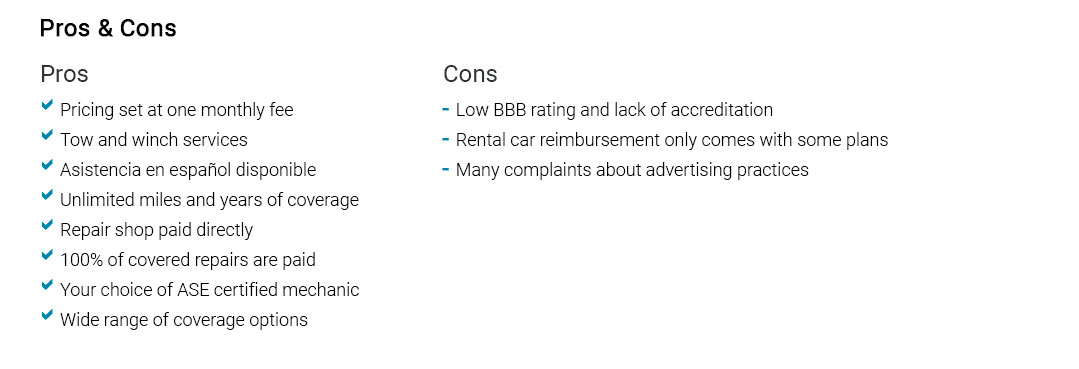 |
||||||
|
 |
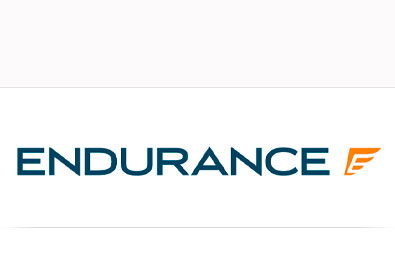 |
 |
 |
 |
 |
 |
|||
 |
 |
|||
 |
 |
The Best Car Warranty Cover: A Comprehensive AnalysisIn today's automotive market, purchasing a car is no small investment, and protecting that investment with the right warranty cover can make all the difference. Understanding the nuances of car warranties can be a daunting task for many, but fear not, for this guide aims to demystify the process and offer insights into what constitutes the best car warranty cover. As cars become more sophisticated, the need for a robust warranty becomes increasingly important, shielding you from unforeseen repair costs and offering peace of mind. Let's delve into what makes a car warranty truly worth your while. To begin, it's crucial to differentiate between the types of warranties available. Manufacturer's warranties are the most common and are usually included with the purchase of a new vehicle. These warranties often cover a set period or mileage and are primarily focused on safeguarding against defects in workmanship and materials. However, once the manufacturer's warranty expires, many car owners consider opting for an extended warranty or vehicle service contract. These are offered by third-party providers and can be tailored to cover specific needs, such as powertrain components, electronics, or even luxury items. The best car warranty cover often boils down to the comprehensiveness of the plan. A top-tier warranty should cover not only the powertrain, which includes the engine, transmission, and drivetrain, but also the vehicle's electrical systems, air conditioning, and advanced technology components. These comprehensive plans are ideal for those who wish to maintain their vehicle's performance and resale value over the years. However, one must be cautious and read the fine print, as some warranties exclude coverage for wear-and-tear items like brakes and tires, which can lead to unexpected expenses. Another critical factor is the reputation of the warranty provider. With numerous companies offering extended warranties, it's imperative to choose one with a solid track record of customer satisfaction and service reliability. Researching reviews and ratings can offer valuable insights into how well a provider handles claims and supports its customers. A provider with a reputation for quick and hassle-free claim processes will undoubtedly enhance the overall experience. Cost is another consideration that cannot be overlooked. While a more comprehensive warranty might come with a higher price tag, it often pays for itself in the long run through the coverage it offers. It's advisable to compare different plans and providers, ensuring that you get the best value for your money. Many providers offer flexible payment plans, which can make the purchase of an extended warranty more manageable. Additionally, some warranties come with added perks, such as roadside assistance, rental car reimbursement, and trip interruption coverage, which can add significant value to the package. On the flip side, some argue that extended warranties are not always necessary, particularly if the vehicle is known for its reliability. They suggest that the money spent on a warranty could be better saved for potential repairs down the line. This approach, while viable, involves a degree of risk, as unexpected repairs can quickly add up and surpass the savings set aside. In conclusion, the best car warranty cover is one that aligns with your specific needs, budget, and peace of mind. Whether you prioritize comprehensive coverage, cost-effectiveness, or additional benefits, the right warranty is out there waiting to safeguard your automotive investment. As with any financial decision, thorough research and consideration of your driving habits and vehicle's reliability are essential. By weighing the pros and cons, you can make an informed decision that will protect you from the unforeseen and keep you confidently on the road. https://www.automoblog.com/reviews/auto-warranty/best-used-car-extended-warranty-companies-north-carolina/
CARCHEX: Best for High-Mileage Cars - Five comprehensive coverage levels to choose from - Term limits up to 10 years or 250,000 miles - Deductible ... https://www.motoreasy.com/car-warranty
MotorEasy offers one of the best car warranties on the market, whether you're ... https://www.carchex.com/content/best-car-warranty/
Hyundai offers the best factory warranty coverage, while CARCHEX provides the best vehicle service plans once warranty coverage expires.
|



